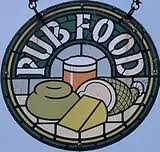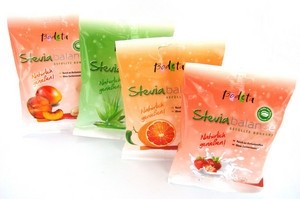Europe playing catch-up with stevia launches

The latest research by Mintel on natural sweeteners reveals the widespread rollout of products containing stevia resulted in a massive 400% increase in launches globally between 2008/2012 and 158% between 2011/12.
However, this has since slowed down and the European region was the only one to report year- on-year increases in new product development (NPD) last year.
Quarter of global launches
It accounted for a quarter of global launches containing stevia up from just 4% in 2011.
Meanwhile, Asia accounted for half of all introductions in 2012, but declined from 63% in 2011. North America accounted for 15% of new product launches in 2012, down from 21% in 2011 and Latin America accounted for 9% in 2012, down from 11% in 2011.
David Turner, global food and drink analyst at Mintel, said European manufacturers had rapidly responded to regulatory approval for the use of stevia in products across the EU.
"While countries such as France, Germany and Finland had allowed a limited number of stevia products as early as 2009, 2012 was the first year that stevia was allowed to be used in a wide range of food and drink categories in all EU markets and manufacturers have responded with a huge increase in new product launches," he said.
While the number of new product launches soared, Turner added it hadn't always been plain sailing with some firms struggling to turn them into concrete commercial success.
"However, that may be about to change," he stated.
Strong sales
"In the UK, for example, we are seeing strong sales for products that use stevia in combination with sugar to provide great tasting, low- calorie food and drink.
"Taste issues and also the fact that stevia is much more expensive than artificial sweeteners such as aspartame, saccharin and sucralose, suggest that rather than replacing sugar entirely with stevia, it will be more effective to use a blend of sugar, stevia and other additives at least until consumers get more used to stevia's taste."
Looking ahead, Turner believed EU manufacturers could learn from firms in the US when it comes to promoting stevia.
"To ensure market growth can be sustained over the long term, continued NPD is needed to improve taste and versatility combined with high levels of marketing to drive consumer education," he added.















